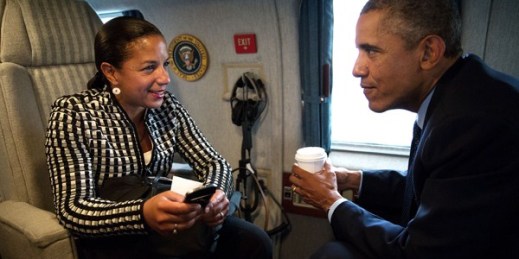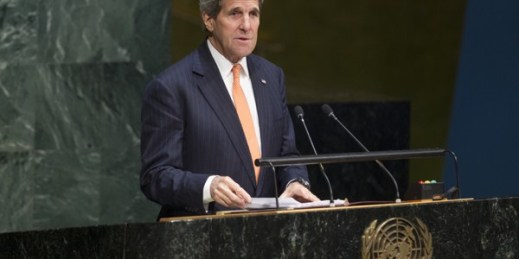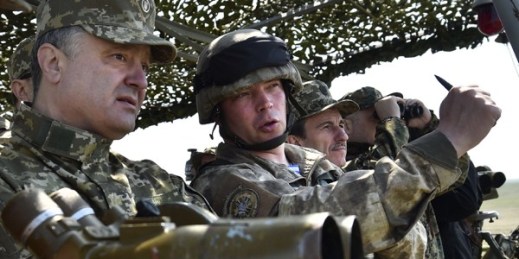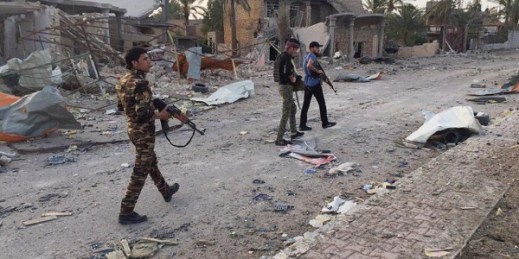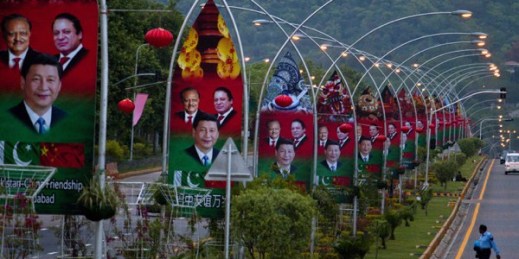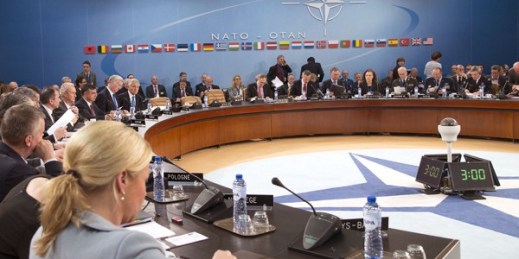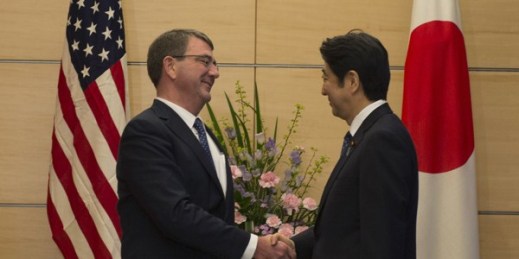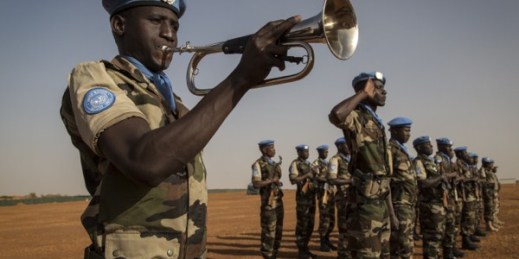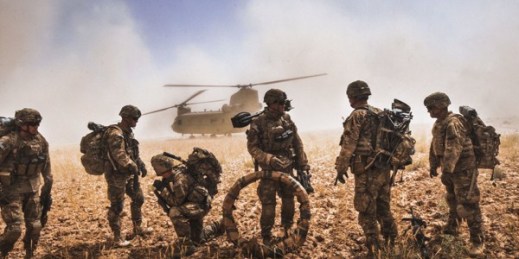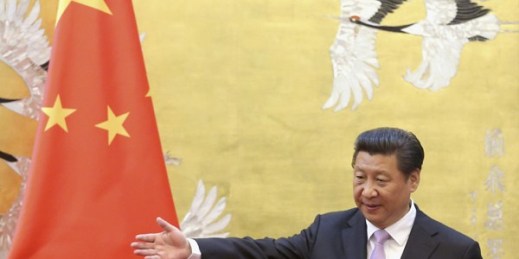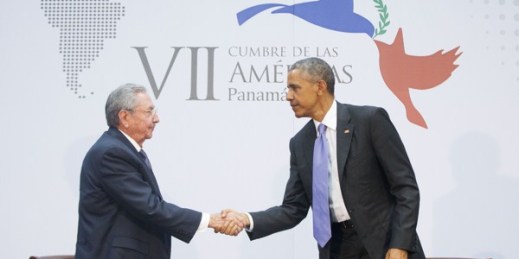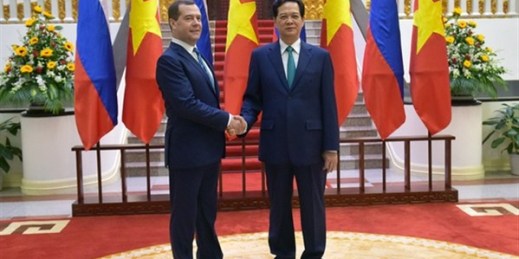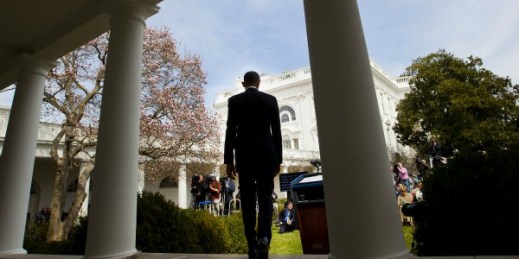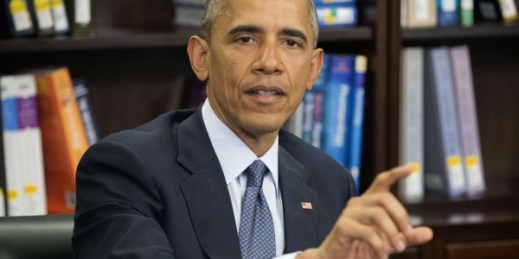
Throughout history, one way the world has learned about severe political and humanitarian crises in remote locations is from unexpectedly large flows of refugees. When massive numbers of people decide to take enormous risks to escape the country of their birth, leaving their possessions and their loved ones behind, it is a sign of crisis—and often a portent of worse things to come. That’s why the recent tragedies in the Mediterranean Sea, where thousands of would-be refugees have drowned seeking to reach Europe’s shores, are calling urgent attention to a seldom-mentioned crisis: the quiet catastrophe in Eritrea. The most shocking […]

